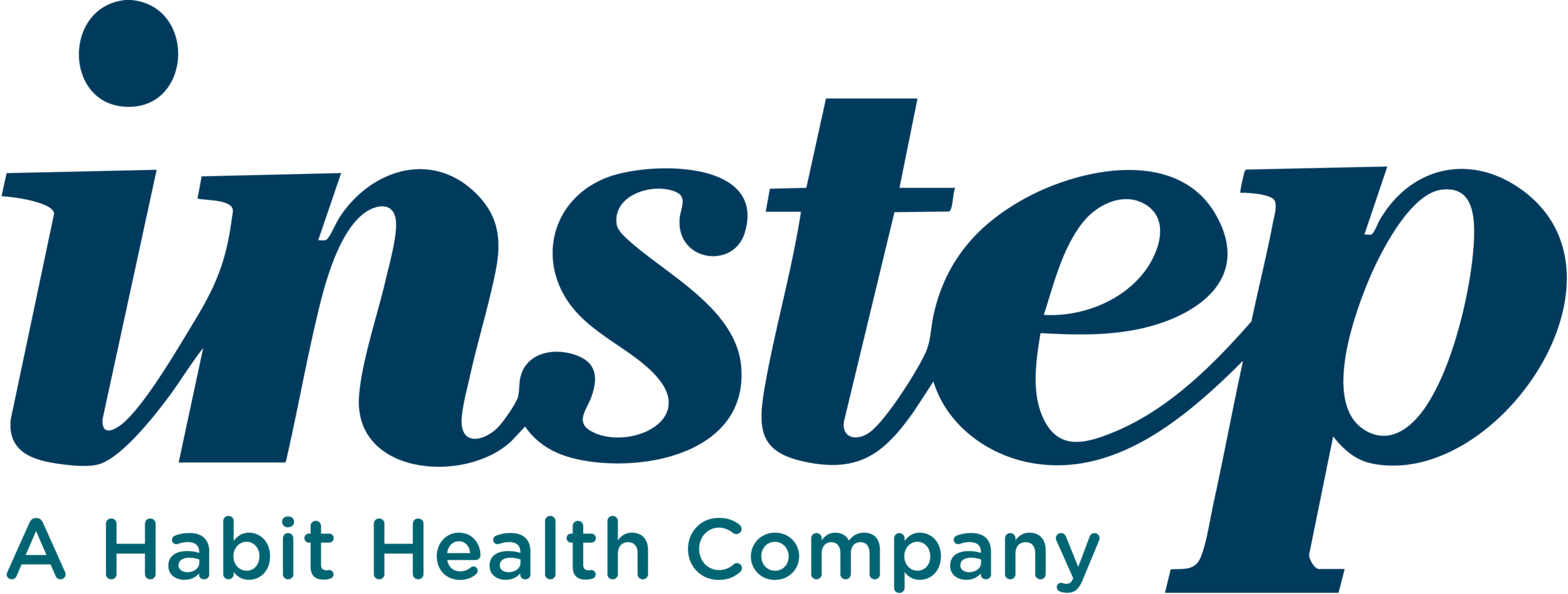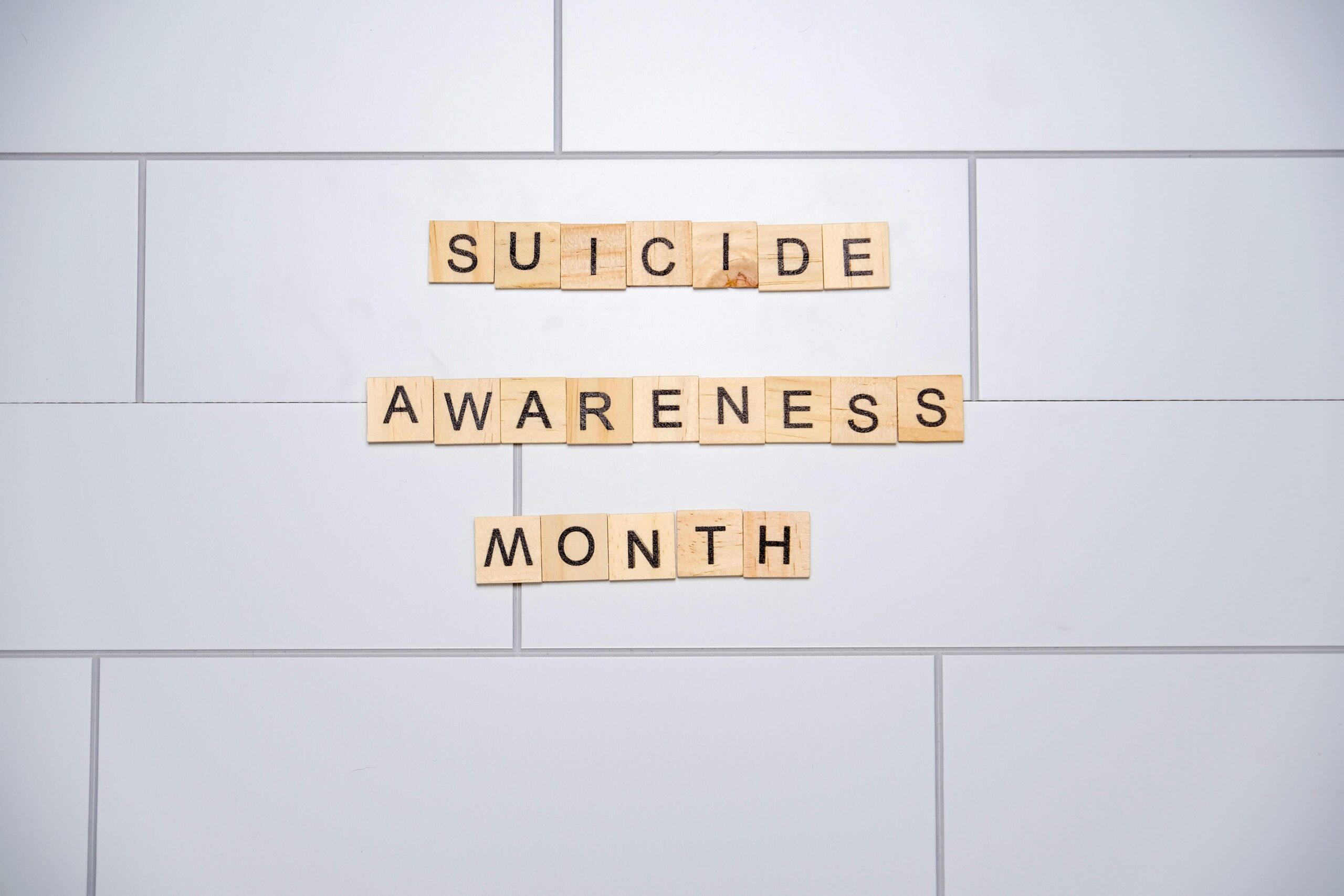Depression is a common mental illness in men and women throughout Aotearoa New Zealand and around the world.
Many people who are feeling depressed do not even realise that what they feel is Depression. Being depressed can be described as a feeling of emptiness, loss of interest in life and the things you used to enjoy and so much more.
Depression left untreated can lead to other health care and life problems, and if severe enough, even suicide. As everyone experiences life different and something can impact one person heavier than if that event happens to another it can be hard to understand why you feel this way or who is being impacted by those feelings.
What Causes Depression?
Depression can be caused by one specific incident or a combination of factors. Grief over the loss of a loved one, a major life change, physical or emotional harm by another person, a physical injury, illness, side effects of medication could cause depression and so many more things. Depression can also be caused by changes in the brain, and in many instances is hereditary. Depression often runs in families.
What are the Signs of Depression?
Some symptoms of depression may include:
- Feeling tired all the time
- Getting too much sleep or not enough
- Feeling worthless and helpless
- Having no energy and feelings of low self-esteem
- Sadness or emotional ‘numbness’
Do not blame yourself for these symptoms and do not permit them to grow worse. Instead, seek help. But also keep an eye on your friends and co-workers as they may not realise, they are struggling and could need the courage to reach out.
Myths About Depression
There are many myths about depression. These include the beliefs that depression is a sign of weakness and that you are hopeless, crazy, or should be able to “just snap out of it.”
It is also a myth that depression causes alcoholism or other drug addictions. Addictive diseases are primary illnesses, which means they are not secondary or caused by other medical conditions. It is possible to have both diagnoses at the same time. This is called a ‘dual diagnosis.’
How is Depression Treated?
Depression may be treated with or without medication, with individual or group counselling, diet, exercise, or other types of interventions including alternative therapies. Mild-moderate depression can be treated online! Regardless of the approach taken, it is important to have depression evaluated by either your doctor or an Instep psychologist or counsellor. Thoughts of suicide warrant the immediate need for medical help.
What your EAP Can Do
If you are concerned about feeling depressed, see your GP first. Instep can help by referring you to a professional in your area for treatment and support.
Other Community Help
- Mental Health Foundation: https://mentalhealth.org.nz/
- Depression – Te Whatu Ora | Health Promotion: https://www.depression.org.nz/
- Depression helpline: 0800 111 757
- Lifeline: 0800 543 354




